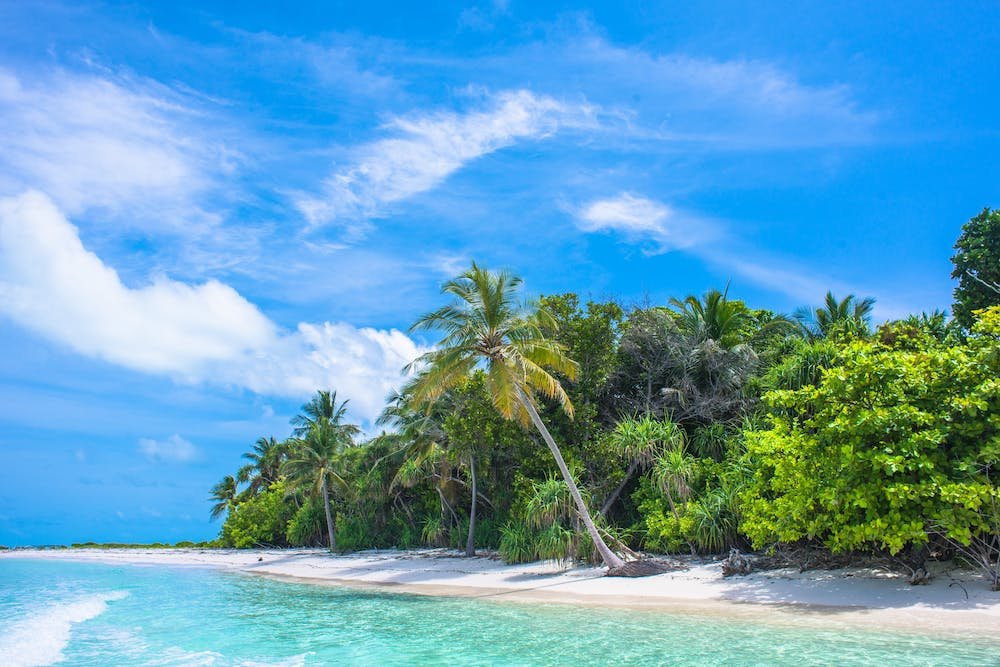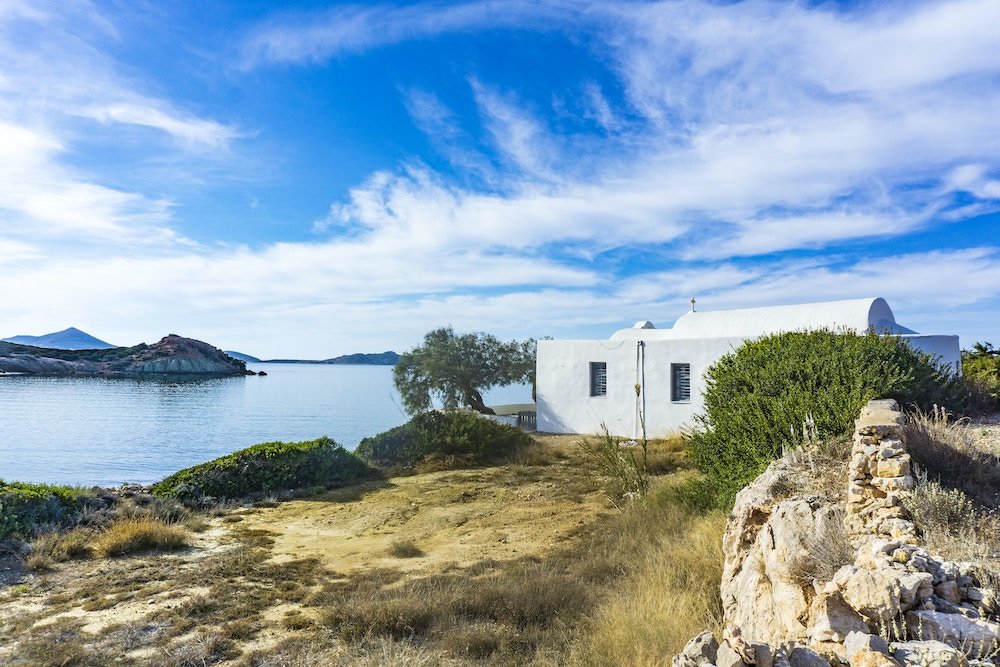
Are you looking to buy an island for sale with house already built?
Owning a private island with a house is a dream that resonates with many, embodying the epitome of exclusivity and luxury.
The prospect of having a secluded haven surrounded by pristine waters and untouched landscapes captivates the imagination and beckons those seeking a unique lifestyle.
In this guide, we delve into the intricacies of searching for the perfect island for sale with a house, unraveling the allure and uncovering the essential considerations for turning this dream into a tangible reality.
Private islands, by their very nature, offer an exclusive escape from the ordinary.
The allure lies not only in the ownership of a piece of paradise but also in the unparalleled privacy and seclusion they provide.
Imagine waking up to the gentle lapping of waves, surrounded by lush greenery or sandy beaches, with no other soul in sight.
This level of seclusion fosters a lifestyle that is truly unique, allowing individuals to tailor their surroundings to match their vision of paradise.
Beyond the physical exclusivity, the unique lifestyle associated with private islands encompasses a sense of freedom and customization.
Owners have the opportunity to create their private oasis, from designing their dream house to shaping the landscape to suit personal preferences.
Whether it’s a tranquil retreat, an entertainment haven, or a self-sustaining eco-friendly sanctuary, the possibilities are as vast as the surrounding ocean.
This article serves as a compass for those embarking on the exciting journey of finding an island for sale with a house.
We explore the benefits, considerations, and steps to make an informed decision, ensuring that the dream of island living becomes a harmonious reality.
Benefits of Owning an Island with House
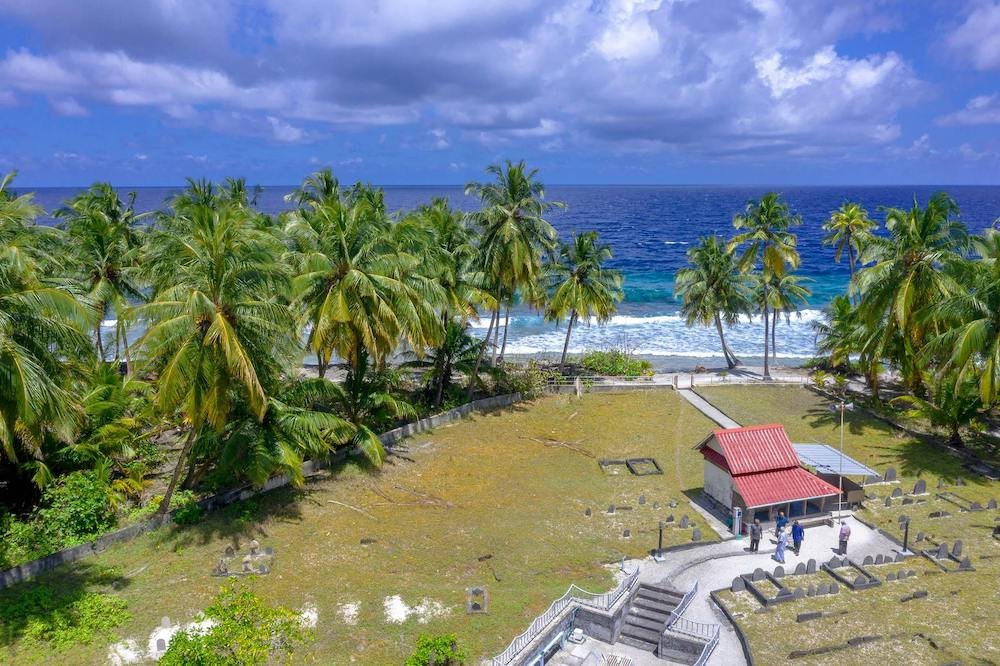
A. Privacy and Seclusion
The primary allure of owning an island with a house lies in the unparalleled privacy and seclusion it offers.
Unlike traditional properties, islands provide a natural barrier from the outside world. With no neighboring properties in close proximity, residents can enjoy a level of privacy that is nearly impossible to achieve elsewhere.
The absence of prying eyes and noise pollution fosters a serene and peaceful environment, creating a true retreat from the hustle and bustle of everyday life.
B. Customization and Personalization
One of the most enticing aspects of island ownership is the ability to customize and personalize the surroundings according to individual preferences.
From the architectural design of the house to landscaping the entire island, owners have the freedom to shape their private paradise.
This level of creative control ensures that the island becomes a reflection of the owner’s vision, whether it’s a modern architectural masterpiece, a cozy beachfront cottage, or a harmonious blend of natural elements.
C. Investment Potential
Owning an island with a house extends beyond the realm of lifestyle; it can also be a savvy investment. Private islands, especially those in desirable locations, have the potential for substantial appreciation over time.
As the demand for exclusive retreats grows, so does the value of these unique properties.
Investors often find that the intrinsic value of a private island, combined with strategic development or preservation efforts, can result in a rewarding return on investment.
D. Recreational Opportunities
Beyond the tranquility and beauty of the surroundings, owning an island presents a myriad of recreational opportunities.
With expansive natural landscapes as your backyard, activities such as water sports, hiking, and wildlife observation become an integral part of daily life.
The diverse ecosystems surrounding private islands offer a playground for outdoor enthusiasts, creating a seamless blend of adventure and relaxation.
Considerations Before Starting the Search
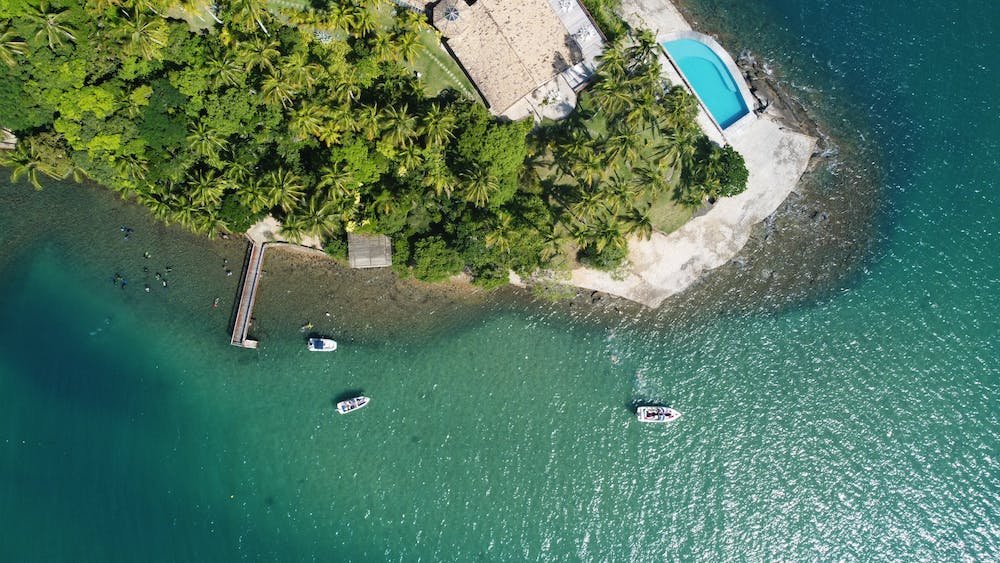
A. Budget Assessment
Before embarking on the journey to find your own island paradise, it’s essential to conduct a thorough budget assessment.
Determining a realistic and comprehensive budget involves not only the initial purchase price but also ongoing costs such as maintenance, utilities, and potential development expenses.
Understanding the financial scope of island ownership ensures that the search is focused on options that align with your financial parameters.
B. Location Preferences
Each island is unique, and location plays a pivotal role in shaping the overall experience of ownership.
Consider factors such as climate, proximity to amenities, and cultural aspects when determining your location preferences.
Whether you’re drawn to the tropical warmth of the Caribbean, the rugged beauty of the Pacific, or the serene landscapes of northern Europe, defining your ideal location sets the stage for a targeted and successful search.
C. Accessibility and Transportation
The accessibility of your island retreat is a crucial practical consideration.
Evaluate the transportation options available to and from the island, taking into account factors such as distance, transportation infrastructure, and the availability of nearby airports or seaports.
Understanding the logistics of reaching your island ensures that the dream of seclusion doesn’t translate into isolation.
D. Legal Considerations and Regulations
Navigating the legal landscape of island ownership requires a meticulous approach.
Different countries and regions have varying regulations and restrictions regarding foreign ownership, land use, and development.
Conduct thorough due diligence by consulting with local legal experts to understand the legal framework governing the acquisition and ownership of private islands in your desired location.
E. Environmental Impact Assessment
Preserving the pristine beauty of your island while ensuring sustainable development is essential. Before finalizing a purchase, conduct a comprehensive environmental impact assessment.
Evaluate the ecological sensitivity of the area, potential threats such as rising sea levels or extreme weather events, and any existing conservation efforts in place.
A commitment to environmental stewardship ensures that your island remains a haven of natural beauty for generations to come.
Researching Potential Islands
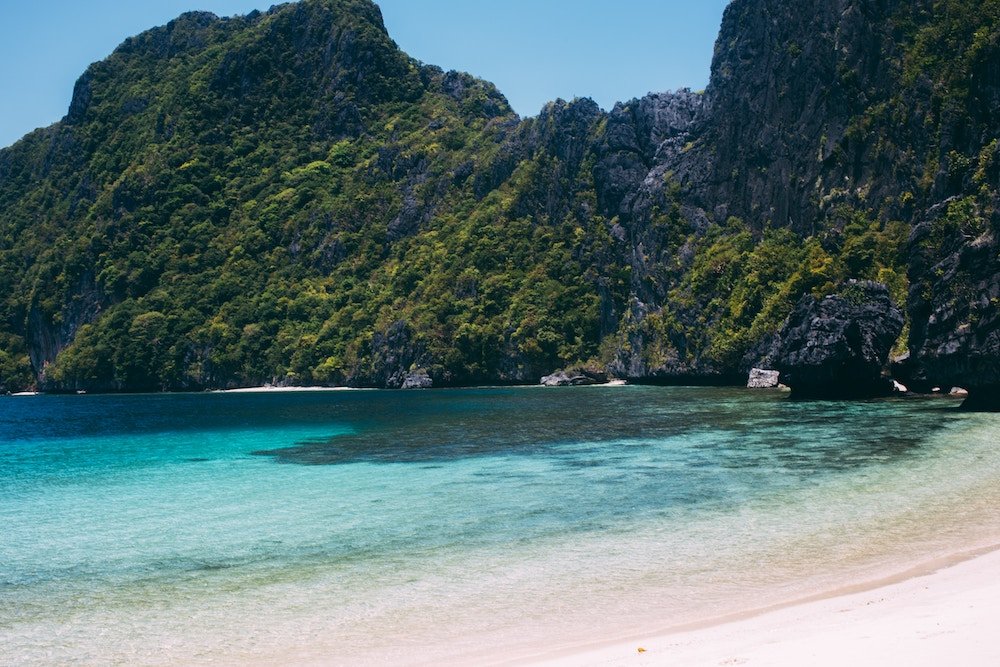
A. Utilizing Online Platforms and Real Estate Websites
The digital age has revolutionized the way we search for real estate, and the quest for the perfect island is no exception.
Online platforms and real estate websites offer a treasure trove of information and listings, making it easier than ever to explore potential islands from the comfort of your home.
Our platform Isle Keys, is an online hub specializing in private islands for sale and we act as a premier online resource for prospective island owners.
Boasting a user-friendly interface, our platform provides a curated selection of private islands from around the globe.
Users can filter their searches based on preferences such as location, size, and amenities, streamlining the process of discovering islands that align with their vision.
Our platform goes beyond static listings, often including detailed descriptions, high-quality images, and virtual tours to offer a comprehensive view of each property.
Additionally, Isle Keys may feature articles and guides on the intricacies of island ownership, serving as a valuable educational tool for those new to the world of private islands.
By leveraging online platforms like Isle Keys, aspiring island owners can efficiently explore a broad range of options, narrowing down their choices before taking the next steps in the purchasing process.
B. Working with Real Estate Agents Specializing in Private Islands
While online platforms provide a wealth of information, the expertise and personalized guidance of a real estate agent specializing in private islands can be invaluable.
Isle Keys, for instance, collaborates with experienced agents who possess in-depth knowledge of the unique considerations involved in island transactions.
Real estate agents affiliated with Isle Keys bring a wealth of experience to the table, offering insights into the nuances of island ownership.
These professionals often have established networks, allowing them to access exclusive listings and provide firsthand information on market trends.
Working with an agent streamlines the search process, as they can match your preferences with available properties and facilitate communications with sellers.
Their expertise also extends to navigating legal considerations, ensuring that the transaction adheres to local regulations and requirements.
In essence, collaborating with real estate agents who specialize in private islands, particularly those associated with platforms like Isle Keys, adds a layer of expertise to your search, increasing the likelihood of finding the perfect island retreat.
Evaluating Island Properties
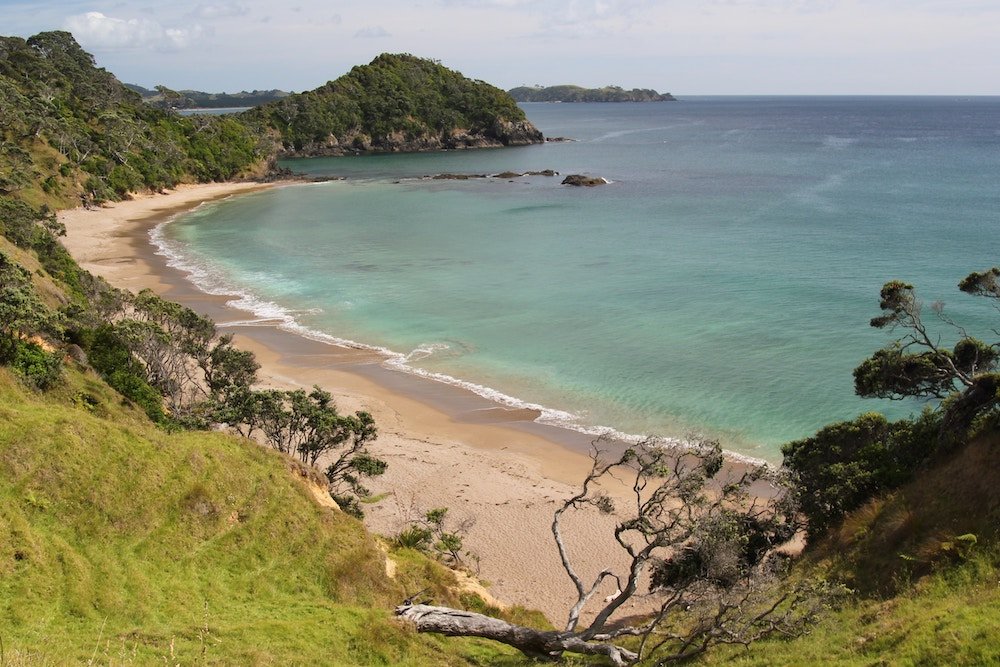
A. Physical Characteristics of the Island
Before committing to the purchase of an island with a house, a thorough evaluation of its physical characteristics is imperative.
Understanding the size, topography, climate, and biodiversity of the island ensures that it aligns with your vision and practical needs.
1. Size and Topography
The size and topography of the island are fundamental factors influencing its potential use and development.
Consider the total land area and the distribution of elevations.
A larger island may offer more development options, while the topography dictates aspects such as building locations, accessibility, and potential views.
Whether it’s a sprawling tropical paradise or a quaint, rocky enclave, the size and topography contribute to the overall feel and utility of the island.
2. Climate and Weather Conditions
The climate and weather conditions of the island play a pivotal role in shaping the overall experience of ownership.
Islands span a wide range of climates, from tropical paradises with warm temperatures year-round to temperate islands with distinct seasons.
Consider your preferences and lifestyle, ensuring that the climate aligns with your expectations.
Additionally, assess the susceptibility to extreme weather events, as this can impact the long-term viability and safety of the island.
3. Flora and Fauna
Exploring the flora and fauna native to the islands add an ecological dimension to the evaluation process.
Islands often harbor unique ecosystems, from lush tropical vegetation to diverse marine life.
Understanding the biodiversity not only contributes to the overall appeal but also informs potential conservation efforts.
Consider the ecological balance and any conservation regulations in place to preserve the natural beauty and sustainability of the island.
Evaluating these physical characteristics provides a holistic understanding of the island, allowing you to make an informed decision based on both your aesthetic preferences and practical considerations.
Whether you seek a pristine natural sanctuary or a canvas for architectural innovation, the physical attributes of the island lay the foundation for your vision of paradise.
B. Infrastructure and Amenities
1. Existing Structures (House, Utilities)
Examining the existing infrastructure on the island is crucial for understanding its immediate usability and potential.
If a house is already present, assess its condition, design, and functionality.
Consider the availability and condition of utilities such as water, electricity, and sewage systems.
Existing structures can significantly impact the overall investment and development strategy, influencing the need for renovations or expansions.
2. Development Potential
Beyond existing structures, evaluate the island’s development potential.
Assess whether zoning regulations permit additional construction or modifications to existing buildings.
Understanding the development potential ensures that your long-term vision for the island aligns with local regulations and allows for the implementation of any desired improvements or expansions.
C. Water and Utility Sources
1. Water Sources
A reliable and sustainable water source is paramount for island living.
Assess the availability and quality of freshwater sources on the island.
Consider factors such as groundwater wells, rainwater harvesting systems, or proximity to freshwater bodies.
A secure and efficient water source is essential not only for daily living but also for landscaping and potential agricultural pursuits.
2. Utility Sources
Apart from water, evaluate the availability of other essential utilities.
Investigate the accessibility and reliability of electricity sources, whether through conventional grids, renewable energy systems, or a combination of both.
Adequate utility sources contribute to the overall functionality and comfort of the island property.
D. Environmental Impact and Conservation Efforts
Environmental Impact Assessment
Preserving the natural beauty and ecological balance of the island is paramount.
Conduct a comprehensive environmental impact assessment, considering potential impacts of development on the ecosystem.
This assessment should address concerns such as soil erosion, habitat disruption, and effects on marine life.
Understanding the environmental implications of any planned developments ensures a harmonious coexistence between your vision and the island’s ecosystem.
Conservation Efforts
Explore any ongoing or past conservation efforts on the island.
Conservation initiatives not only contribute to the sustainability of the environment but also enhance the overall appeal and value of the property.
Participating in or initiating conservation efforts demonstrates a commitment to responsible stewardship, ensuring that the island remains a pristine haven for generations to come.
Evaluating infrastructure, amenities, and environmental considerations provides a comprehensive overview of the island’s functionality, potential for development, and alignment with ecological preservation principles.
Due Diligence and Legal Considerations
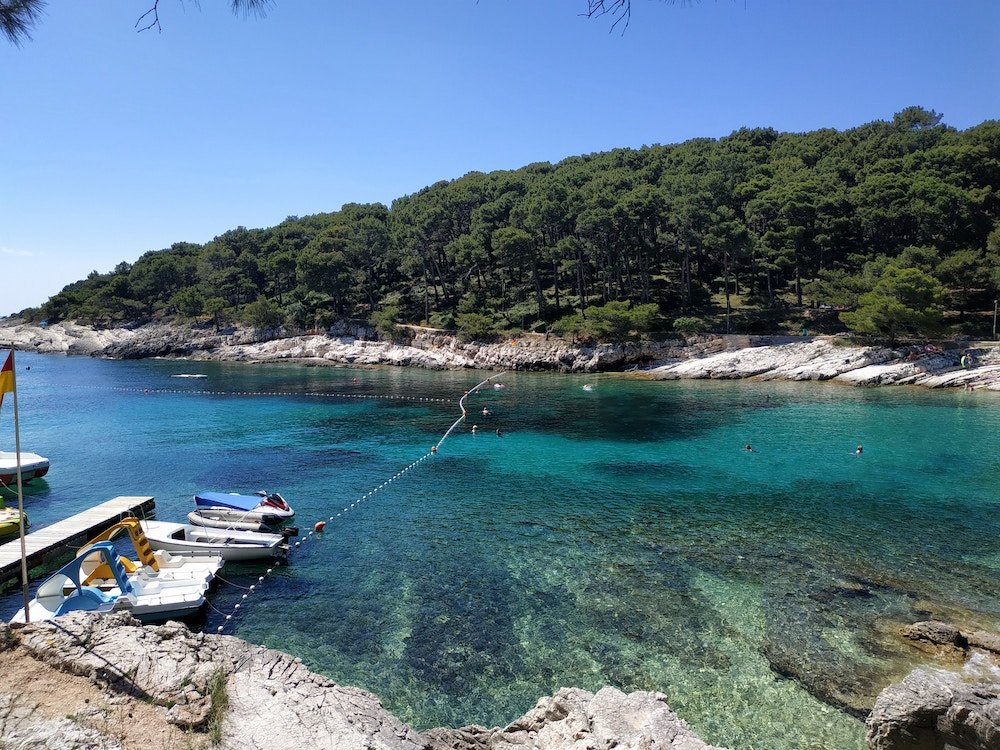
A. Title Search and Ownership Verification
Title Search
Before finalizing the purchase of an island with a house, a thorough title search is essential.
This process involves investigating the history of the property’s ownership to ensure there are no outstanding claims or disputes.
Engage the services of a qualified real estate attorney to conduct a comprehensive title search, providing assurance that the title is clear and transferable.
Ownership Verification
Beyond the title, verify the ownership of the island with local land registries.
Confirm that the individual or entity selling the property has the legal authority to do so.
This step prevents potential legal complications and ensures a smooth transfer of ownership.
B. Zoning and Land-Use Regulations
Understanding the zoning and land-use regulations governing the island is crucial for any prospective buyer.
Different jurisdictions have varying rules regarding the permissible uses of land and development.
Work closely with local authorities and legal professionals to grasp the applicable regulations.
Determine whether the intended use, such as residential or commercial development, aligns with zoning requirements, and secure any necessary permits before proceeding.
C. Environmental Impact Studies
Conducting environmental impact studies is integral to responsible island ownership.
Engage environmental consultants to assess the potential effects of development on the island’s ecosystems.
These studies evaluate factors such as soil stability, wildlife habitats, and water quality.
Understanding the environmental impact ensures that development plans align with conservation principles and comply with local regulations.
D. Accessibility Rights and Easements
Verify the accessibility rights and easements associated with the island.
Ensure that legal access to the property is secure and unencumbered, considering both maritime and terrestrial access points.
Identify any existing easements that grant others the right to use portions of the land.
These legal considerations are essential for safeguarding your ability to access and enjoy your island property without disruption.
Conducting due diligence and navigating the legal landscape are critical steps in the island acquisition process.
Engage professionals well-versed in real estate law and environmental regulations to guide you through these complexities, safeguarding your investment and ensuring a seamless transition of ownership.
Financial Considerations
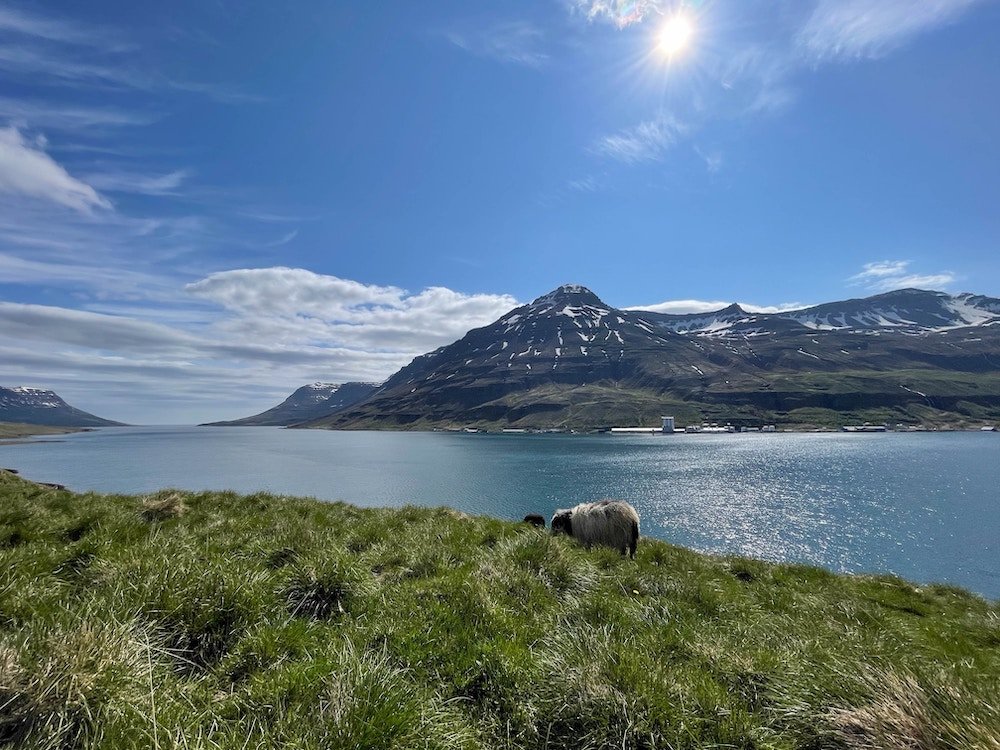
A. Purchase Price Negotiation
Strategic Approach
Negotiating the purchase price of your island requires a strategic approach.
Begin by conducting thorough market research to understand the pricing dynamics of similar properties in the region.
Utilize this information as a foundation for negotiations, taking into account the unique features and potential of the specific island you’re interested in.
Engage in open communication with the seller, expressing your interest while being mindful of your budget and financial parameters.
Professional Assistance
Consider enlisting the services of a skilled real estate agent or negotiator with expertise in island transactions.
Their knowledge of market trends, local conditions, and negotiation strategies can be invaluable in securing a favorable purchase price.
B. Additional Costs (Taxes, Maintenance, Renovations)
Tax Considerations
Be aware of the tax implications associated with island ownership.
Different jurisdictions may have varying tax structures, including property taxes, transfer taxes, and any special levies applicable to island properties.
Consult with financial advisors to gain a comprehensive understanding of the tax landscape and plan accordingly.
Ongoing Maintenance
Factor in the ongoing costs of maintaining your island property.
This includes routine maintenance for the house, landscaping, and any utilities.
Islands with unique features, such as private docks or renewable energy systems, may require specialized maintenance.
Developing a proactive maintenance plan ensures the longevity and value retention of your investment.
Renovation Budget
If renovations or improvements are part of your vision for the island, establish a realistic budget for these endeavors.
Consider both the aesthetic enhancements and any structural updates required.
Engage with architects and contractors to get accurate cost estimates, and incorporate these figures into your overall financial plan.
C. Financing Options
Traditional Financing
Explore traditional financing options offered by banks and financial institutions.
Securing a mortgage for an island property may have different requirements compared to conventional homes, so work with lenders experienced in island real estate.
Be prepared to provide comprehensive financial documentation to support your loan application.
Private Financing and Partnerships
Consider alternative financing options, such as private lenders or partnerships.
Private financing arrangements may offer more flexibility in terms and conditions.
Partnerships, where multiple individuals invest in the property, can also be a viable option to share the financial burden and potential returns.
D. Return on Investment Potential
Market Trends and Projections
Assess the market trends and projections for the region where your island is located.
Understanding the potential for appreciation or depreciation in property values informs your decision-making.
Consult with real estate experts and analysts to gain insights into the factors influencing the market and the potential return on your investment.
Diversification of Income Streams
Explore opportunities for diversifying income streams associated with your island property.
This could include renting out the property for vacationers, hosting events, or even engaging in eco-friendly initiatives that contribute to the property’s appeal.
Diversifying income sources can enhance the overall return on investment.
Hiring Professionals

A. Real Estate Attorney
Expert Legal Guidance
Engaging the services of a qualified real estate attorney is paramount when purchasing an island with a house.
A real estate attorney specializing in island transactions possesses the expertise to navigate complex legal landscapes and ensure a smooth and legally sound transaction.
They conduct thorough title searches, verify ownership, and address any legal complexities associated with the property.
Their role is pivotal in safeguarding your interests and facilitating a seamless transfer of ownership.
Contract Negotiation
A real estate attorney is instrumental in negotiating and drafting contracts that protect your rights and align with your intentions.
From purchase agreements to easements and environmental considerations, their legal acumen ensures that every aspect of the transaction is legally binding and in your best interest.
B. Environmental Consultant
Ecological Assessment
An environmental consultant plays a critical role in assessing the ecological impact of your island purchase.
They conduct comprehensive studies to evaluate the environmental health of the island, including soil stability, habitat preservation, and potential risks associated with development.
Their findings inform your decisions, ensuring that any planned activities are conducted in an environmentally responsible manner.
Compliance with Regulations
Environmental consultants help navigate the intricate web of environmental regulations.
By understanding and adhering to these regulations, you mitigate potential legal challenges and contribute to the long-term sustainability of your island.
Their expertise is particularly crucial in preserving the natural beauty and ecological balance of your private oasis.
C. Surveyor
Accurate Property Boundaries
A surveyor is essential for precisely defining the boundaries of your island property.
Their work ensures that the land you are purchasing aligns with the documented records and legal descriptions.
This step is crucial in preventing boundary disputes and establishing a clear understanding of the extent of your ownership.
Topographical Analysis
Surveyors also provide valuable topographical information, detailing the elevation changes, natural features, and potential challenges or advantages of the island’s landscape.
This information is integral to informed decision-making regarding development and land use.
D. Financial Advisor
Comprehensive Financial Planning
A financial advisor specializing in real estate investments provides valuable insights into the financial aspects of island ownership.
They assist in creating a comprehensive financial plan that includes budgeting for the purchase, ongoing maintenance, potential renovations, and tax considerations.
Their expertise ensures that your financial strategy aligns with your overall wealth management goals.
Investment Strategies
Financial advisors can guide you in exploring investment strategies related to your island property.
This may include considerations for potential returns, diversification of income streams, and optimizing your financial position for both short-term and long-term gains.
Making an Informed Decision
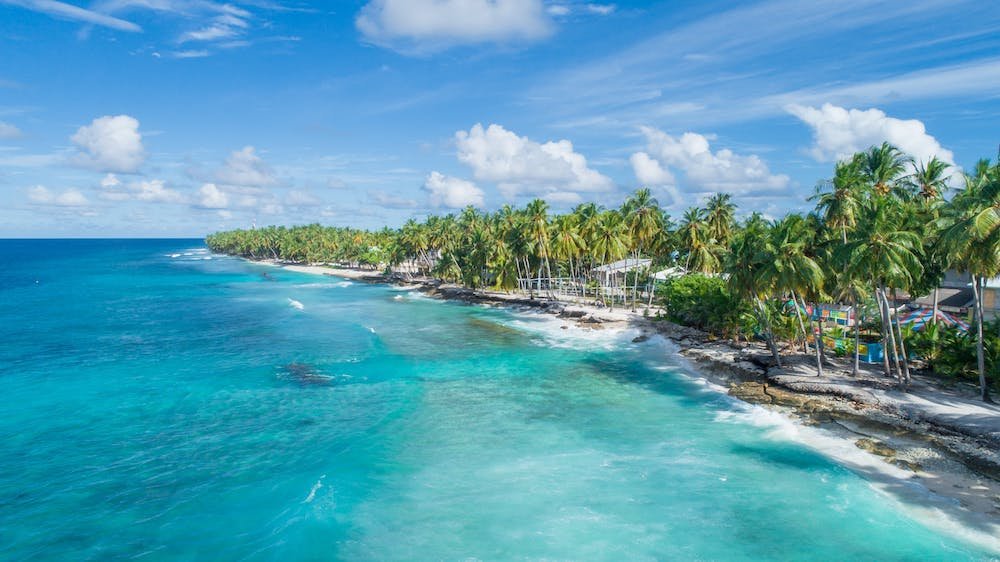
A. Weighing Pros and Cons
Comprehensive Evaluation
Before making a final decision, conduct a comprehensive evaluation of the pros and cons associated with the island property.
Consider aspects such as location, physical characteristics, existing infrastructure, and potential for development.
Create a list of advantages and disadvantages to facilitate a clear and rational comparison.
Lifestyle Considerations
Weigh the lifestyle benefits against any challenges or drawbacks.
Assess whether the seclusion and natural beauty of the island align with your preferences, and consider any potential inconveniences or limitations associated with island living.
This balanced evaluation ensures that your decision is grounded in a realistic understanding of both the advantages and challenges.
B. Prioritizing Preferences and Requirements
Define Must-Haves and Deal-Breakers
Clearly define your must-haves and deal-breakers when it comes to island ownership.
Prioritize preferences such as climate, accessibility, and specific amenities.
Knowing what aspects are non-negotiable and what elements are flexible allows you to focus on properties that align closely with your vision.
Long-Term Vision
Consider how well each potential island aligns with your long-term vision.
If certain features or characteristics are crucial for your future plans, prioritize those aspects during the decision-making process.
This forward-thinking approach ensures that your investment remains fulfilling and sustainable over time.
C. Considering Future Plans for the Island
Development and Land Use
Contemplate your future plans for the island, whether they involve further development, conservation efforts, or specific recreational activities.
Ensure that the chosen property accommodates your envisioned future use and development.
Factor in any legal, environmental, or logistical considerations associated with your long-term plans.
Community Engagement
Consider how your future plans align with the local community and ecosystem.
Engage with local authorities, environmental groups, and community members to ensure that your vision is compatible with the broader context of the island’s surroundings.
Building positive relationships with the community enhances the overall experience of island ownership.
D. Finalizing the Purchase Agreement
Legal Review
Before finalizing the purchase agreement, engage your real estate attorney to conduct a thorough legal review.
Ensure that all terms and conditions align with your negotiated agreements and adhere to local regulations. Address any outstanding concerns or issues identified during the due diligence process.
Financial Clarity
Work closely with your financial advisor to ensure financial clarity in the purchase agreement.
Confirm that the terms accurately reflect your financial commitments, including the purchase price, ongoing costs, and any financing arrangements.
Clarity in financial terms reduces the risk of misunderstandings and disputes.
Clear Communication
Maintain open and clear communication with the seller throughout the finalization process.
Address any remaining questions or concerns, and ensure that both parties are in agreement on all terms before signing the purchase agreement.
Clear communication fosters a positive relationship and contributes to a smooth and successful transaction.
Making an informed decision involves a thoughtful consideration of various factors, from lifestyle preferences to legal and financial considerations.
By taking a methodical approach and consulting with relevant professionals, you can confidently finalize the purchase of your dream island with a house.
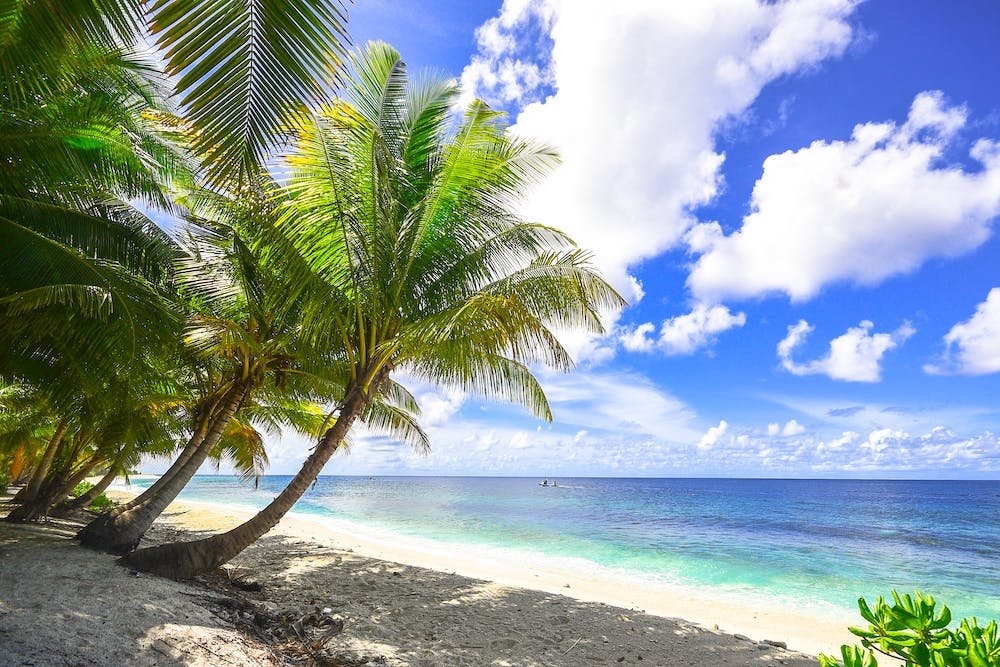
FAQ’s About Island for Sale
How much does it cost to buy an island?
The price of island ownership varies based on factors like location, size, and amenities.
Explore the range from hundreds of thousands to millions, considering the unique features that impact the cost.
Are islands a good Investment?
Islands can be a sound investment depending on factors like location, development potential, and market trends.
Delve into the considerations to determine if island ownership aligns with your investment goals.
Can I buy my own private island?
Yes, it is indeed possible for individuals to purchase their own private island.
Private islands are available for sale in various parts of the world, offering buyers the opportunity to own an exclusive and secluded piece of paradise.
The feasibility of buying a private island depends on factors such as your budget, preferences, and the specific regulations governing island ownership in the desired location.
Before embarking on the process of buying a private island, it’s essential to conduct thorough research, assess your budget, and consider various factors such as the location, size, amenities, and potential for development.
Engaging with professionals like real estate agents, attorneys, and environmental consultants can help navigate the complexities associated with island acquisition, ensuring a smooth and informed purchasing process.
Keep in mind that owning a private island comes with responsibilities, including maintenance, environmental stewardship, and adherence to local regulations.
If you’re passionate about the idea of island ownership and are prepared for the associated commitments, purchasing your own private island can be a unique and rewarding endeavor.
